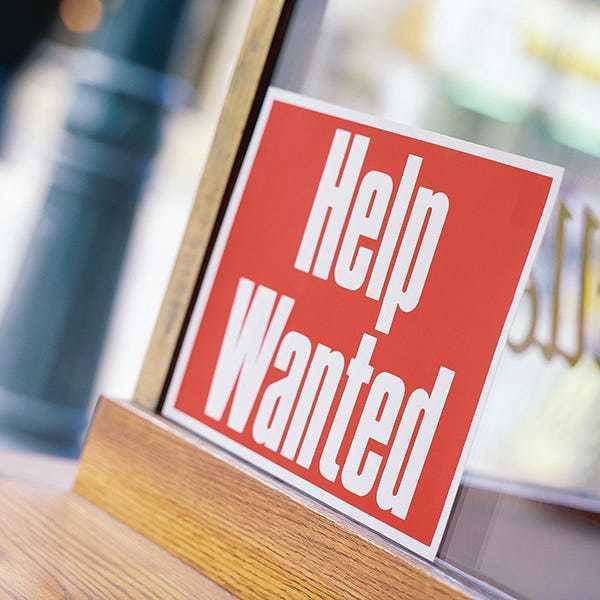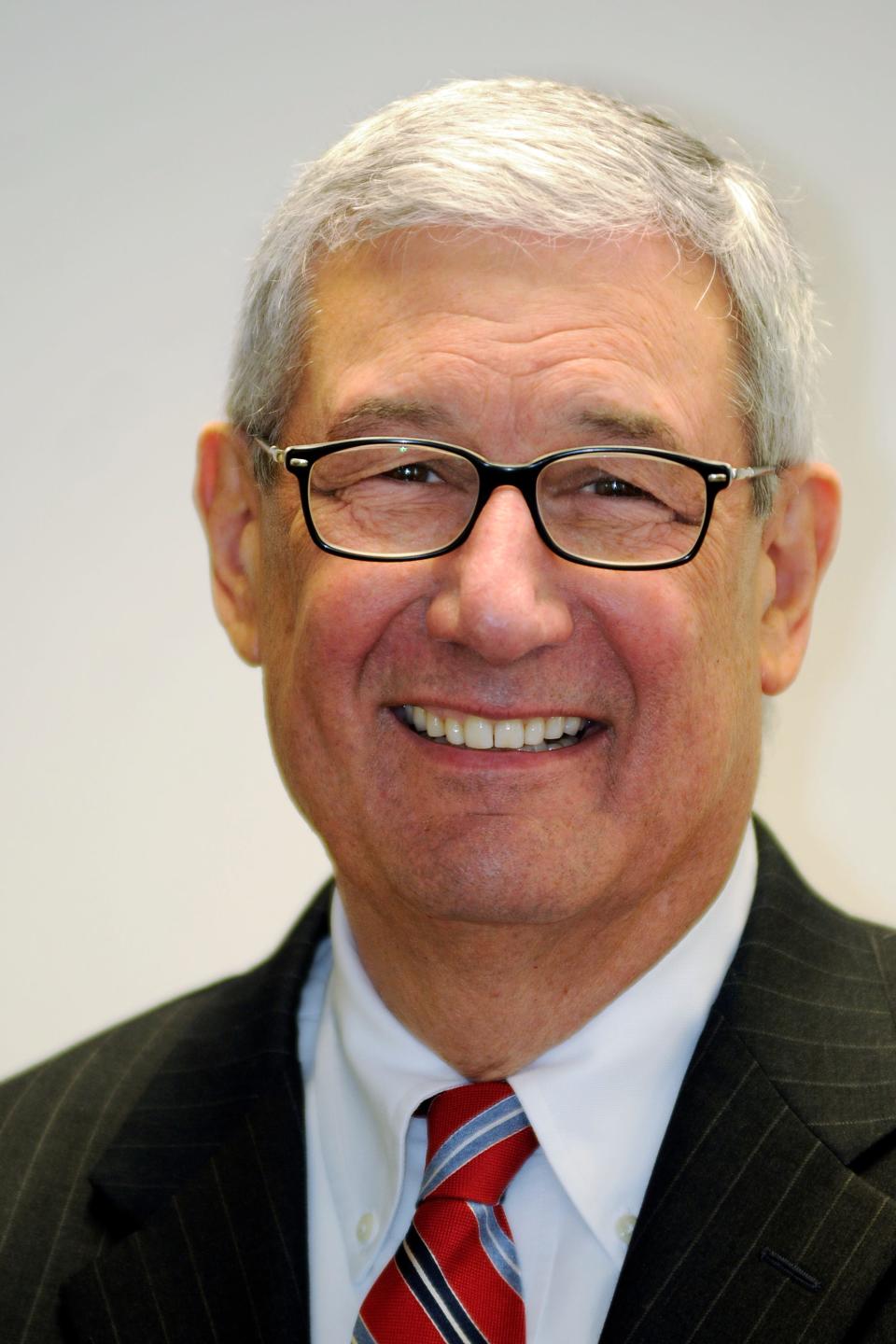Local health, transportation sectors optimistic in face of Great Resignation
When the Great Resignation emerged after the COVID-19 pandemic, it was about making a life-changing choice.
Many people left their long-term jobs, especially in food service, which saw the worst resignation rate in the nation at 6.9%, according to the U.S. Bureau of Labor Statistics.
Increasing living costs forced people toward jobs where they found more financial sense and personal fulfillment in a pattern that started in early 2021, following a massive unemployment surge that came about as a consequence of precautions set due to the COVID-19 pandemic.
More:Is a 2023 recession coming? Job growth likely to slow sharply, companies brace for impact

Much like the rest of the world, the Worcester area, which includes Worcester County and Windham County, Connecticut, in the U.S. Bureau of Labor Statistics database, unemployment reached 15% — an abrupt drop from 3.8% in March 2020.
With vaccinations and in-person work afoot, many work sectors slowly eased out of the pandemic, with the overall unemployment rate dropping below 4% in February of this year and dropping as low as 3.3% in September — an improvement even on pre-pandemic numbers.
However, more than 4 million Americans are leaving work voluntarily every month during the last year, giving life to the Great Resignation, to which the Worcester area is no stranger to the pattern.
The bulk of the local economy relies on the health sector, with 69,000 positions filled during September 2022.
Even though it was an increase from 1.7% to 2.5% on a year-over-year basis, the change was not enough to meet the demands of local hospitals.
UMass Memorial Health reported Nov. 28 a 40-nurse shortage in its emergency department, representing a 25% vacancy rate.
That was in addition to a 100-nurse shortage on acute care floors with a 10% vacancy rate.
Retirements up, too
Retirements shot up during the COVID-19 pandemic, as hospitals were stretched thin by a wave of patients, while others, turned to “travel” nursing, going to hospitals where the pay is higher to fill temporary positions.
Nursing homes have reported 7,000 unfilled jobs.

“Like all other academic medical centers across the state, we continue to face record-setting capacity challenges,” said Dr. Michael Gustafson, president at UMass Memorial Medical Center, in a statement to the T&G last month. “In addition to the unprecedented workforce shortages across health care, there are many factors contributing to our record census — an unprecedented demand from our community, higher acuity patients who delayed their care, a lack of post-acute and psychiatric care beds, bed closures at other hospitals, and ongoing COVID and other viral illness surges.”
On Dec. 1, the Federal Emergency Management Agency (FEMA) awarded $4,693,148 in public assistance grants to reimburse the UMass Chan Medical School for providing testing, leasing equipment and hiring temporary staff between January 2020 and March 2022.
One grant of $3,364,294 included the cost of hiring temporary health care workers and hiring security for the facilities.
That was the most recent of $1.4 billion in public assistance grants to Massachusetts to reimburse the commonwealth for pandemic-related expenses, according to FEMA.
In the travel, transportation and utilities sector, which makes up the second-largest employing sector in the area with 52,600 positions filled last September, employment is on its way up, with a year-over-year basis change of 1.2% to 2.3%, according to U.S. Bureau of Labor Statistics data.
Incentives combat turnover
Yet, the pattern is the same as in the health sector.
Michael Sleeper, the CEO of Worcester-based supermarket distributor of nonfood products Imperial Distributors Inc., which employs about 650 people, said that the company offers incentives to resist a turnover rate that’s “higher than in the past.”

He said that most resignations are coming from those who are retiring early, and also from new way of thinking about work.
“There’s a different mentality now in Massachusetts and in Worcester, but also in the country,” said Sleeper. “New hires, especially younger people, don't necessarily look at jobs for the long term.
“People now will come in and while many of them like the work, some of them just don't and decide to opt out, even though we offer incentives to try to keep them.”
Furthermore, Sleeper said people with a long experience “just reach a point and say, ‘You know what, I think maybe it's time to retire.’ ”
The Associated Industries of Massachusetts, a 3,400-business organization, reported on Monday that employers in November reported the highest degree of confidence in their economic outlook since September 2021.
AIM's 100-point Business Confidence Index rose from 50.9 in October to 58.7 in November, putting it "comfortably within optimistic territory," the organization representing Bay State companies said Monday.
The November figure represents a 14-month high and stands eight-tenths of a point better than one year ago.
For context, 263,000 jobs were added across the country during November, according to an announcement on Friday by the U.S. Department of Labor.
At Imperial, Sleeper also said he remains optimistic.
“Sometimes moments like this can be a little frustrating, but Worcester is growing, and I think it's really a great place to have a business,” he said.
This article originally appeared on Telegram & Gazette: Worcester area great resignation unemployment transportation health care

